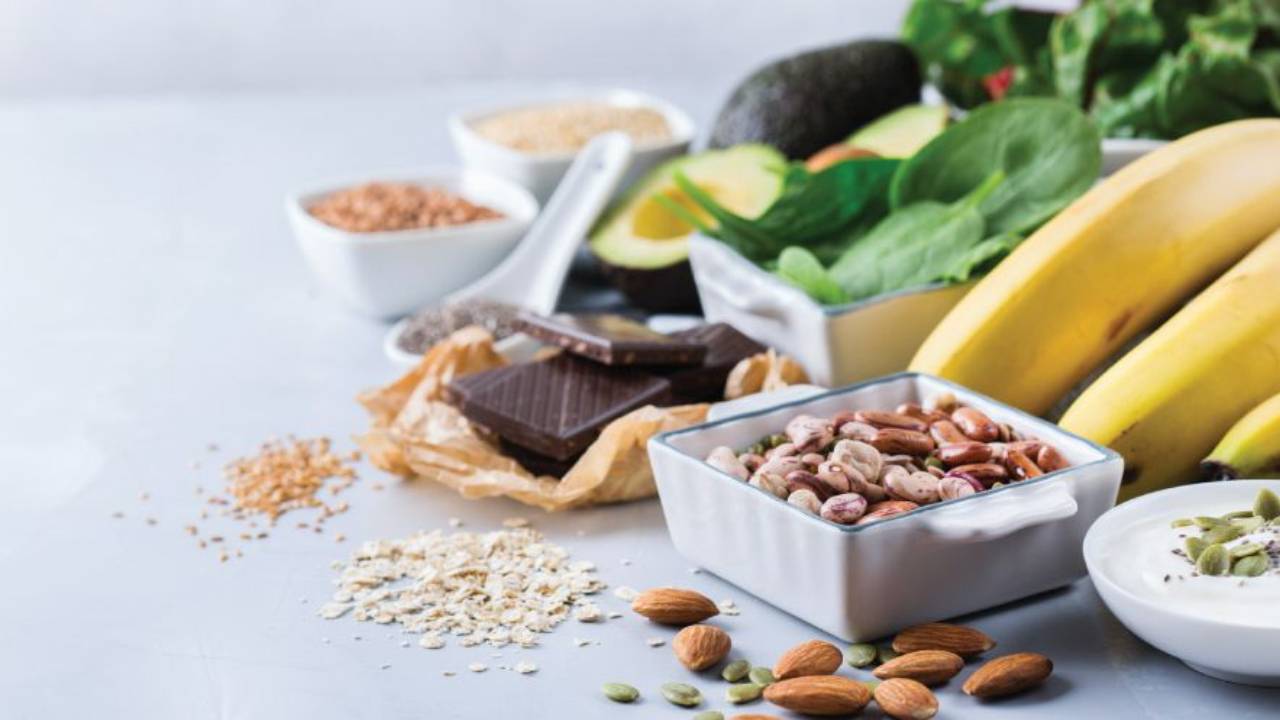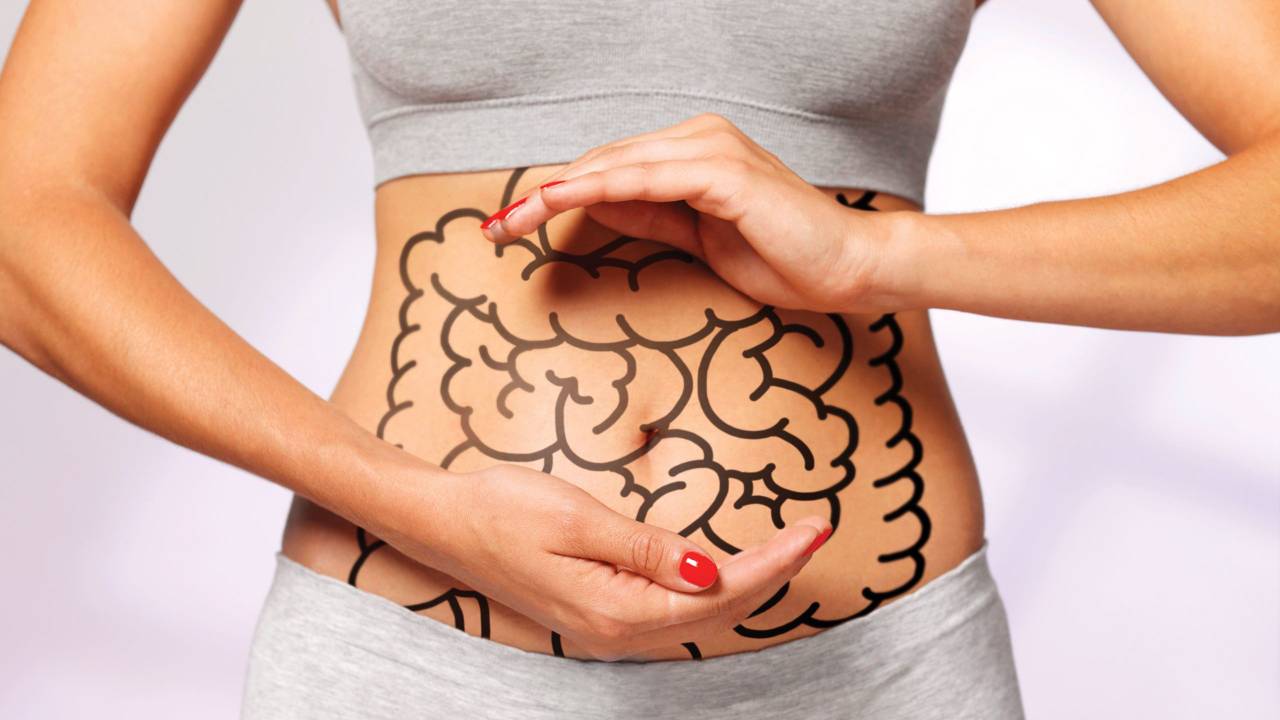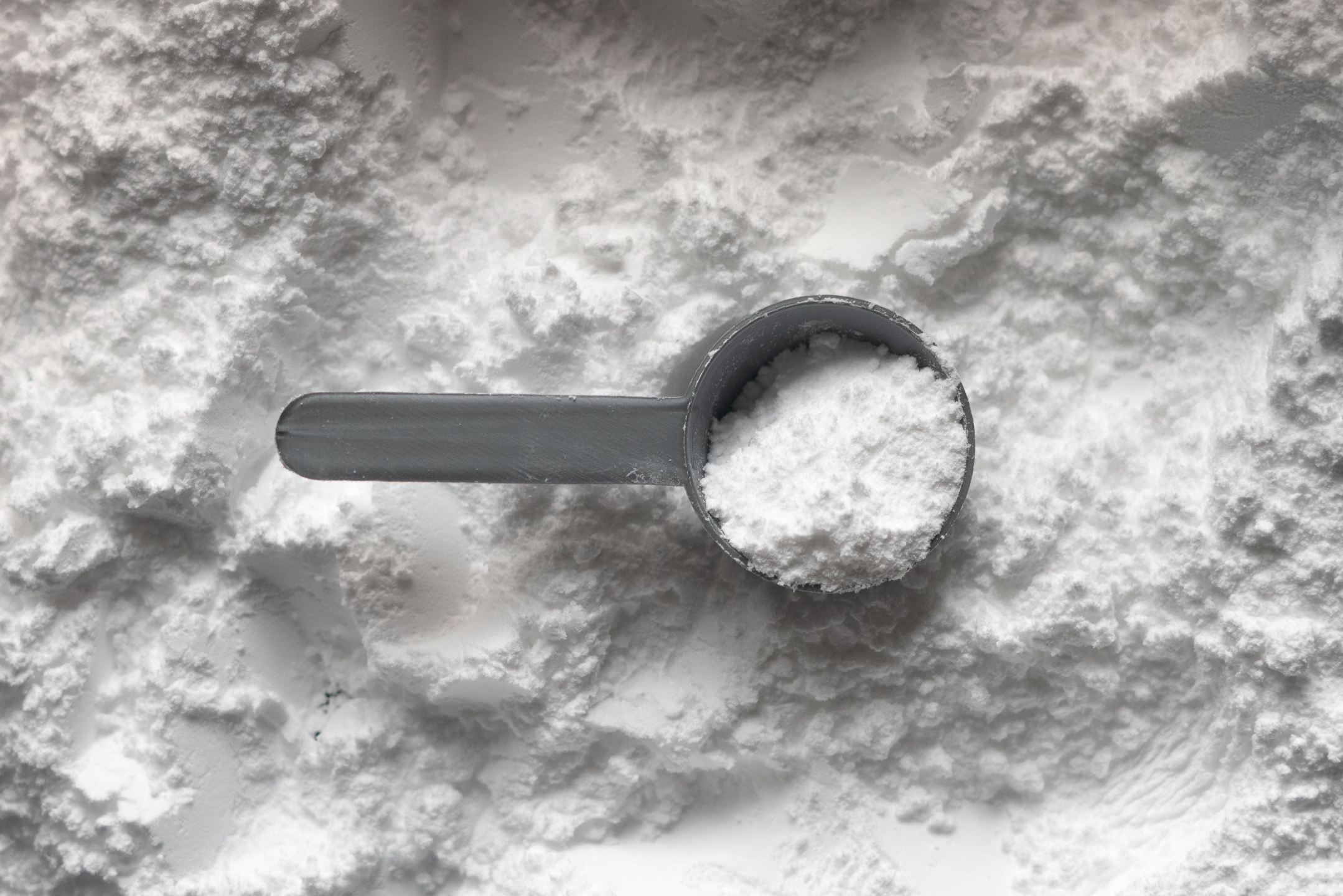When we think “Gut health” we automatically think “bloating” and yes that is a factor of poor gut health. However the role our gut plays in our overall health goes much further than that
Our gut is home to trillions of microbiomes that influence our metabolism, hormone regulation, mood, body composition, immune system and much more.
The range of bacteria in our gut can be categorized into two main divisions: Firmicutes and Bactereroidetes. These affect our weight because they regulate how much energy we absorb. As Susana Fuentes (Human Intestinal Microbiota researcher) states, “Firmicutes-dominant gut microbiomes are associated with increases in inflammation, weight gain, and associated chronic diseases”
Disruption to our gut bacterial balance is linked with inflammation, mental well being, weight gain, hormone imbalances, metabolic health, autoimmune diseases..to mention a few
Our gut microbiome is also involved in our digestion and the absorption of minerals from our food. So again when this bacterial balance is off sync individuals can experience mineral deficiencies causing low energy, skin breakouts and issue with both bone and heart health
So yes, GUT HEALTH is pretty important

Menopause and The Gut
As women age the range of diversity of our gut microbiome vastly declines. Research shows it plateaus in women around the age of 40 and slowly decline there after.
Many studies have now shown that the change of the gut diversity in women over 40 has direct links to the microbiome’s role in energy and estrogen metabolism causing weight gain, lower metabolism and increased insulin resistance.
There are many reasons why our gut health changes as we age and go through menopause:
Sex Hormones
Our sex hormones play a role in our digestive health, such as maintaining a healthy lining of our intestines.
When our sex hormones start to decline and fluctuate a lot many menopausal women experience GI changes such as constipation, irregular bowels and bloating
Changes to the bacteria in our gut
BEFORE menopause women have a very large range of microbiome diversity in our gut but as we age this declines pretty rapidly. Studies show this plateaus in women after age 40
This also plays a role in why menopausal women often lack energy and experience a weaker immunity system compared to pre menopause
Pelvic Health
Around 83% of women have changes to their pelvic health post menopause but are unaware of the symptoms leading to untreated issues which can lead to other health issues, such as gut problems
Pelvic Health Changes can affect digestive function such as being able to excrete waste properly leading to toxin build up
Poor sleep
Many women will know that broken or poor sleep is a side effect of menopause mainly due to the change of our hormone cortisol. This poor sleep can disrupt the nervous system, increasing inflammation and sensitivity in our gut
Heightened stress
As we age and our body naturally starts to produce more cortisol we become less stress resilient. One of the issues stress has on our bodies is inflaming our guts, making digestion harder.
Women who live hectic and demanding lives without a healthy stress management strategy in place can experience heightened stress on their guts leading to food intolerances that they did not have earlier in life

Signs of Poor Gut Health
Like many health issues (declined bone density, pelvic health, brain health, organ health and so on) GUT HEALTH is one we screen all our menopausal clients for and actively work towards optimizing even if they aren’t registering symptoms yet
WHY?
Because as women age our health naturally declines. So it’s not a case of IF your gut health will decline – it will.
What are some of the signs of poor gut health that we screen for?
Bloating
Unexplained fatigue/sluggish
Poor sleep
Skin breakouts
Heightened sugar cravings
Feeling ill more regularly (catching more colds, sore throats etc ie a sign immune is low)
Heightened mood swings
New Food sensitivities
Irregular bowel movements
Building a Healthier Gut
Consume Plenty Of Fiber
Ideally around 20-25g. Good food sources of fiber include: Whole Grain Carbs, leafy veg, berries, avocado, popcorn, chia seeds, flax seeds, nuts (especially walnuts), oatmeal, beans
Eat Fermented Foods
Fermented foods contain probiotics that help populate your gut bacteria as it declines with age. Things like yogurt (probably the best choice if you can consume yogurt), tempeh, kombucha drinks, pickles, asparagus, apples, kimchi all contain pro biotics
REDUCE artificial sweeteners
Artificial sweeteners have been shown to disturb our gut bacterial balance. You don’t need to completely eliminate it but definitely keeping them at a minimum will help you gut bacteria.
Eliminate any foods that are causing bloating
9 times out of 10 bloating is a result of what you are eating and NOT because you arent having some supplement. As we age and become a lot more digestive sensitive its important to understand your gut will be different so spending some time getting to know it is key
DON’T reach for the supplements first
Most women, especially Americans, are over medicated. For most problems now we reach for supplements or pills. Resulting in many women consuming a LOT of pills every day on top of an already sensitive gut.
In the vast majority of our clients simply cutting back on the excessive amount of supplements they were taking each day did wonders for their gut health.
Introduce Stress Management Strategies
As we age and our body NATURALLY starts to produce more cortisol we become less stress resilient so its very common for women over 40/45 to live in prolonged periods of heightened stress or that “fight or flight mode”. Stress inflames our intestines and disrupts that bacterial balance so introducing stress management tools as we age is more important than ever





